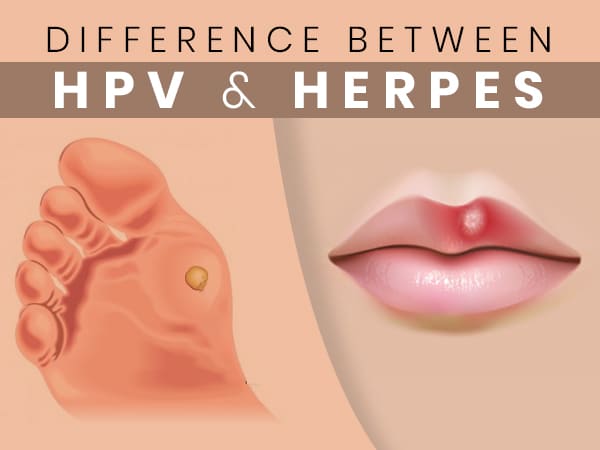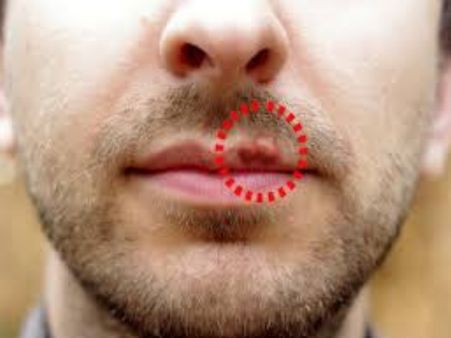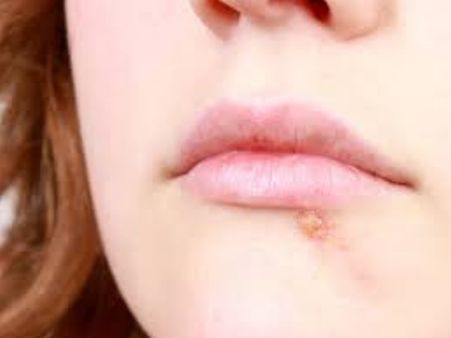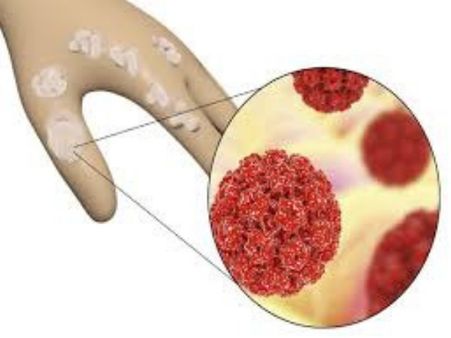Just In
- 7 hrs ago

- 7 hrs ago

- 11 hrs ago

- 17 hrs ago

Don't Miss
- Sports
 Most Sixes in IPL 2024: Top 10 Players And Teams To Hit Most Sixes As Of April 20
Most Sixes in IPL 2024: Top 10 Players And Teams To Hit Most Sixes As Of April 20 - Finance
 2:1 Bonus Issue: IT Penny Stock Turned; 1,600 Shares Market Lot Size Revised To 4,800 Shares
2:1 Bonus Issue: IT Penny Stock Turned; 1,600 Shares Market Lot Size Revised To 4,800 Shares - Movies
 Bigg Boss Malayalam 6 Voting Trends: Saranya, Sreerekha or Jaanmoni; Who Will Get Least Votes On Mohanlal’s Sh
Bigg Boss Malayalam 6 Voting Trends: Saranya, Sreerekha or Jaanmoni; Who Will Get Least Votes On Mohanlal’s Sh - News
 Chinese President Xi Jinping Orders Biggest Military Reorganisation Since 2015
Chinese President Xi Jinping Orders Biggest Military Reorganisation Since 2015 - Education
 Exam Pressure Does Not Exist; Studying Punctually is Crucial; Says Aditi, the PSEB 2024 Topper
Exam Pressure Does Not Exist; Studying Punctually is Crucial; Says Aditi, the PSEB 2024 Topper - Automobiles
 Suzuki Swift Hatchback Scores 4 Star Safety Rating At JNCAP – ADAS, New Engine & More
Suzuki Swift Hatchback Scores 4 Star Safety Rating At JNCAP – ADAS, New Engine & More - Technology
 Dell Introduces AI-Powered Laptops and Mobile Workstations for Enterprises in India
Dell Introduces AI-Powered Laptops and Mobile Workstations for Enterprises in India - Travel
 Journey From Delhi To Ooty: Top Transport Options And Attractions
Journey From Delhi To Ooty: Top Transport Options And Attractions
HPV And Herpes: What Are They And How Do They Differ From Each Other?
Human papillomavirus (HPV) and herpes are common sexually transmitted infections (STDs) that have some similarities, but they are different diseases and many people aren't sure of which one they have. In this article, we'll discuss the difference between HPV and herpes, so that it makes it easier for you to understand both the diseases.
What Is Human Papillomavirus (HPV) Infection?
HPV infection is a sexually transmitted infection that occurs when the virus enters the body through skin-to-skin contact i.e. through vaginal, anal or oral sex. There are 100 different kinds of human papillomavirus and some of them cause genital warts and cancer of the cervix, vulva, vagina and anus [1].

What Is Herpes? [2]
Herpes is a common viral infection that is caused by the herpes simplex virus (HSV). Herpes can appear in various parts of the body, but it usually appears on the mouth and genitals. There are two types of herpes simplex virus- HSV-1 and HSV-2. The former one causes oral herpes, which affects the skin around the mouth and the latter one causes genital herpes, which affects the skin around the genitals.

Symptoms Of Human Papillomavirus And Herpes
Symptoms of human papillomavirus
- Genital warts
- Common warts
- Plantar warts
- Flat warts
- Blister sores in the mouth or genitals
- Itching
- Painful urination
- Poor appetite
- Tiredness
- Headaches
- Swollen lymph nodes
- Fever
- Ingrown hair
- Leg or lower back pain
These warts can grow single or as a cluster with a cauliflower-like appearance.
Symptoms of herpes
One may not notice the symptoms of herpes and HPV, but the virus can still be present in the body.

Who Is At Risk Of Human Papillomavirus And Herpes
Anyone who is sexually active and not practising safe sex [3] is at risk of getting herpes and HPV. Also, a person who comes in contact with the skin or saliva of an infected individual and individuals with a weakened immune system are at increased risk too.

Complications Of Human Papillomavirus And Herpes
The biggest complication of HPV is cervical cancer, anal cancer, penile cancer and vulva cancer [4].
Complications of herpes include contracting other STIs, meningitis, rectal inflammation, urinary tract infection and bladder problems.

How Human Papillomavirus And Herpes Are Diagnosed Diagnosis of HPV
Diagnosis of HPV
Strains of HPV causing genital warts can be diagnosed based on an exam of the lesions. HPV also increases the chances of cervical cancer which can be diagnosed by doing a cervical screening check-up.
Diagnosis of herpes
A physical examination or a test will be conducted to diagnose herpes that will help to detect which type of virus is present, HSV-1 or HSV-2.

What Is The Treatment Procedure For Human Papillomavirus And Herpes
Certain medications can help treat genital warts and if necessary, warts can be removed. On the other hand, the treatment for herpes is antiviral medications to lower the frequency of outbreaks.
Prevention Of Human Papillomavirus And Herpes
The HPV vaccine can help lower the risk of HPV infection in males and females and regular cervical cancer screenings are recommended for women aged between 21 and 65 years old.
However, HPV and herpes can be prevented in the following ways:
- Use a condom while having sex [5]
- Avoid participating in oral sex or kissing during an outbreak.
- Avoid sharing items such as lip balm, make-up, and clothing.
Common FAQs
Which is worse HPV or herpes?
Both HPV and herpes are sexually transmitted infections, but HPV can cause cancer of the cervix, vulva, vagina and anus which is not the case with herpes.
How can you check if you have herpes?
If you have symptoms such as blister sores in the mouth or genitals, itching and painful urination, it could be herpes. If you notice any symptoms, consult a doctor.
Is herpes less contagious over time?
A person who has been infected for a long time is less contagious than someone who has recently been infected.
-
 disorders cureCervical Cancer: Serum Institute Of India Launches First HPV Vaccine For Cervical Cancer
disorders cureCervical Cancer: Serum Institute Of India Launches First HPV Vaccine For Cervical Cancer -
 wellnessPoor Intimate Hygiene Linked To Being One Of The Biggest Causes Of Cervical Cancer
wellnessPoor Intimate Hygiene Linked To Being One Of The Biggest Causes Of Cervical Cancer -
 disorders cureHuman Papillomavirus (HPV) Vaccines: Everything You Need To Know
disorders cureHuman Papillomavirus (HPV) Vaccines: Everything You Need To Know -
 disorders cureHuman Papillomavirus (HPV) Infection: Symptoms, Causes, Risk Factors, Treatment And Prevention
disorders cureHuman Papillomavirus (HPV) Infection: Symptoms, Causes, Risk Factors, Treatment And Prevention -
 disorders cureVulvar Cancer: Types, Symptoms, Causes And Treatment
disorders cureVulvar Cancer: Types, Symptoms, Causes And Treatment -
 prenatalHPV During Pregnancy
prenatalHPV During Pregnancy -
 disorders cureIndia Reports First Five Cases Of Cytomegalovirus Related Rectal Bleeding In COVID-19 Patients
disorders cureIndia Reports First Five Cases Of Cytomegalovirus Related Rectal Bleeding In COVID-19 Patients -
 disorders cureIndia Reports First Case of Herpes Simplex Virus In COVID-19 Patient: All About Herpes Explained
disorders cureIndia Reports First Case of Herpes Simplex Virus In COVID-19 Patient: All About Herpes Explained -
 disorders cureEpstein-Barr Virus: Symptoms, Diagnosis and Treatment
disorders cureEpstein-Barr Virus: Symptoms, Diagnosis and Treatment -
 basicsCan You Give Birth Naturally If You Have Genital Herpes?
basicsCan You Give Birth Naturally If You Have Genital Herpes? -
 wellnessDo You Have Shingles? Here Are The Signs And Symptoms
wellnessDo You Have Shingles? Here Are The Signs And Symptoms -
 disorders cureAre Dating Apps Causing A Rise In STDs Among People?
disorders cureAre Dating Apps Causing A Rise In STDs Among People?


 Click it and Unblock the Notifications
Click it and Unblock the Notifications



